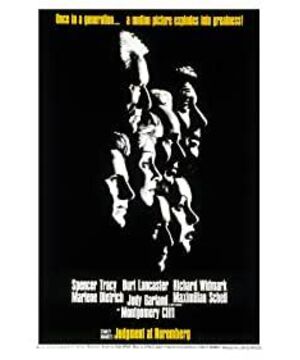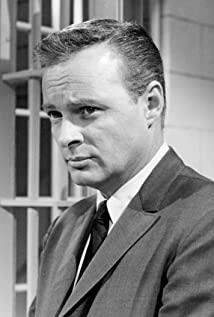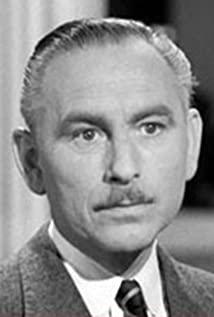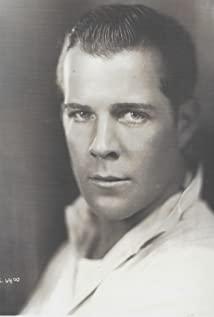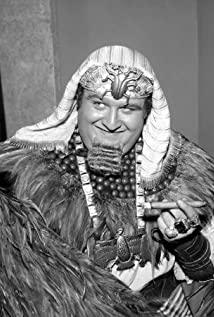In 1961, when Hollywood was in chaos, Stanley Kramer made such a movie. Although the West Side Story won the Academy Award that year, it is not important.
Although I have always had reservations about films with overtures, the first shot changed my mind, the Nazi symbol that crashed down.
Every actor is very good, and even in comparison, Dietrich is not strong enough, because Montgomery Clift, Portlandcaster, Widmark, Qusay and defense attorneys are all too good.
So Dietrich ended her career in Hollywood. This was her last film in Hollywood, when she was 60 years old. Her last three Hollywood dramas are on my hard drive: The Lady of the Tribulation, the prosecution witness, and this Nuremberg trial.
I would like to pay special tribute to Widmark’s prosecutor and Clift’s witless witnesses, especially the latter, which is brilliant in one scene. I can't help but remind me of the scene where he arched his shoulders and walked into the barracks to report in the troubled times.
Don’t forget that Judy Garland, the little girl in the Wizard of Oz, passed away in 1968 from an overdose of sleeping pills. In this fat poor girl, you can't see a trace of the once lovely and lively Dorothy.
There are almost no flaws in this play, which is its external strength. This drama leaves the possibility for many topics worth discussing in the details, which is its inherent strength.
I don't want to discuss too much about politics. This is what I want to think about. I can only say that the key to making this movie so powerful lies in people, not human nature, but people.
Later, Stanley also filmed Guess who is coming for dinner, an equally powerful scene.
View more about Judgment at Nuremberg reviews


